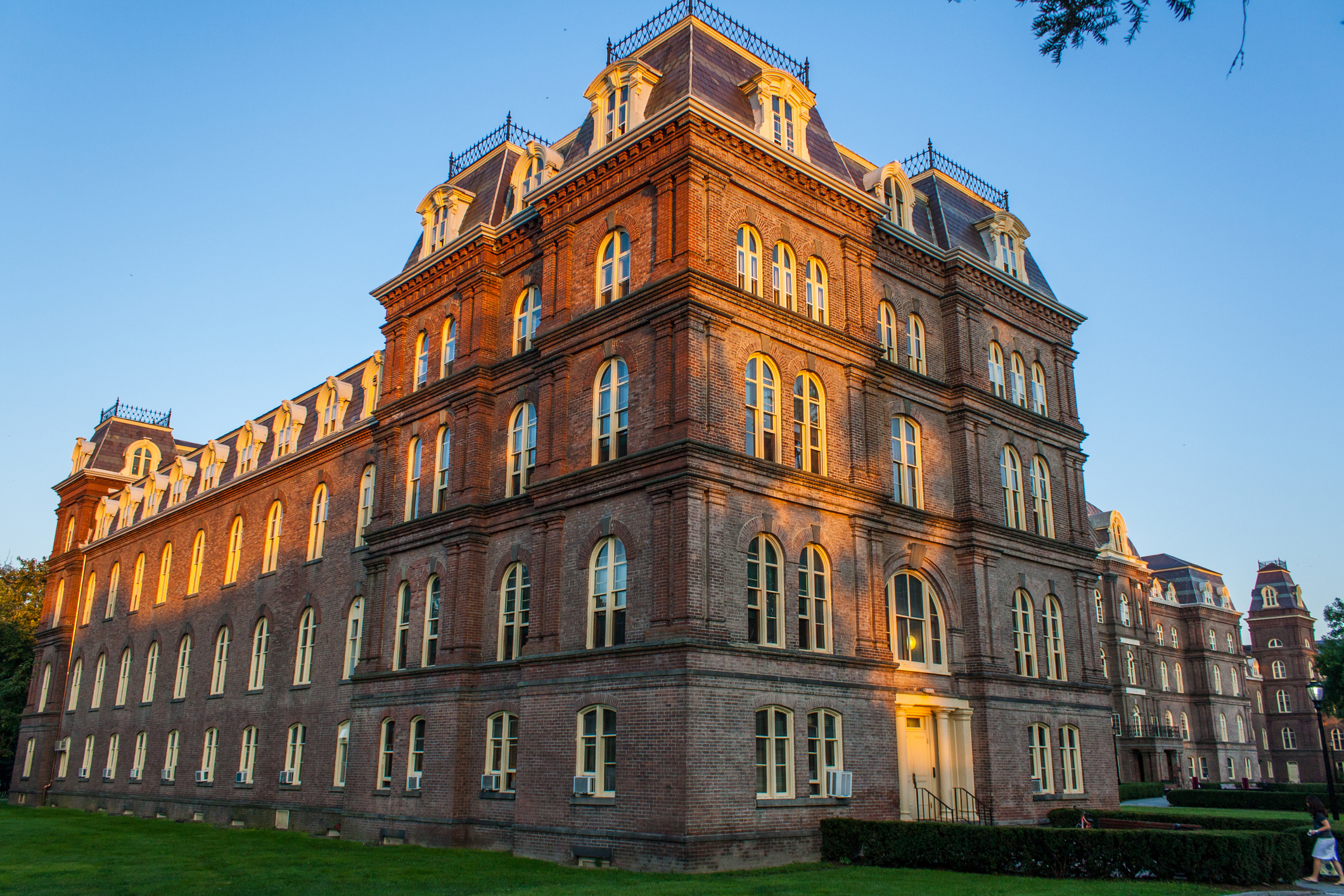Vassar College calls itself a pioneer for women’s education, founded in 1861 to offer women, as its website says, “a fully equivalent education to that of the best men’s colleges of the period.”
Five female professors called that equity into question this week when they alleged in a lawsuit that the college discriminates against female faculty by paying them less than their male colleagues. The lawsuit claims that male professors earned an average salary of $153,238 while female professors earned an average salary of $139,322. Vassar’s board denies the allegations.
“The harm women at Vassar have suffered goes beyond the loss in compensation over the many years—in some cases decades—we have served the College,” 35 female Vassar professors wrote in a statement in support of the lawsuit. “Vassar’s repeated failure to remedy the ongoing gender wage gap, and the implication that our professional contributions are less meritorious than those of our male counterparts, constitutes a profound institutional betrayal.”
Women’s labor is undervalued. The Department of Labor, measuring across all occupations, reports that women working full-time, year round are paid 83.7 percent of what men are paid. This disparity is even greater for Black and Hispanic women.
Sixty years after President John F. Kennedy signed the Equal Pay Act, which made it illegal to pay women less than men for the same work, what can explain why this disparity still exists? It’s not education. On average, women outpace men in education at every level. It’s not age. The wage gap grows as women advance in their careers.
On top of not being paid equal wages for equal work, women’s salaries and opportunities suffer from employment disruptions as they step in and out of the workforce to care for children and elders, a responsibility not borne equally with men, a Pew Research study shows. The employment-related costs for mothers of providing unpaid child and eldercare average $295,000 over a lifetime, according to a Department of Labor-funded study conducted by the Urban Institute.
At The Fuller Project, our reporters bring those numbers to life with the lived experiences of women around the world – an Argentine woman working in international finance who moved home to care for an elderly mother, a California woman worried about plunging off the benefits cliff, and moms in New York City.
The five female plaintiffs at Vassar – and 35 other female professors who have signed a statement of support – will also have a unique story to tell.



